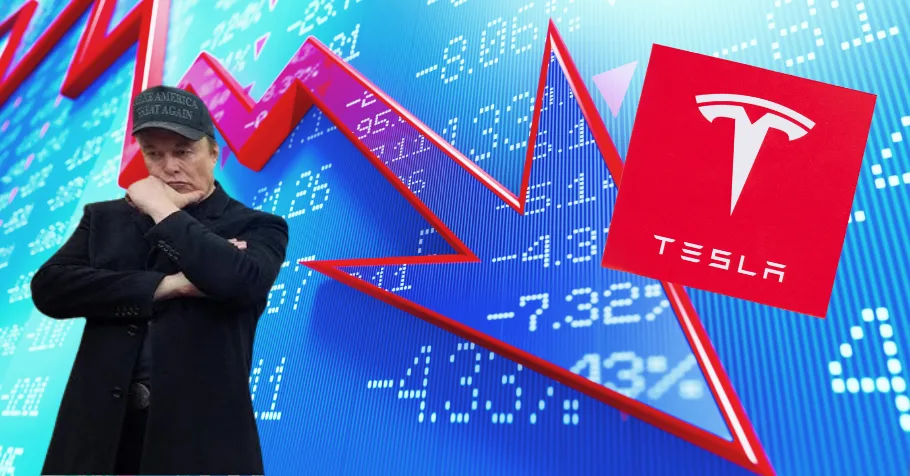In a surprising turn of events, First Solar Inc. (NASDAQ: FSLR) experienced a significant stock surge, climbing over 19% on Tuesday. This rally comes on the heels of the unveiling of a Republican-backed tax and spending bill that, while aiming to curtail certain clean energy incentives, stops short of the severe cuts many in the renewable sector had feared.
A Closer Look at the Republican Tax Proposal
The draft legislation from the House Ways and Means Committee proposes a phased reduction of key clean energy tax credits established under the Inflation Reduction Act (IRA). Instead of an immediate repeal, the bill outlines a gradual sunset of these incentives beginning in 2029, providing a temporary reprieve for renewable energy companies.
Specifically, the proposal includes:
- Section 45Y and 48E Credits: These investment and production tax credits for clean energy technologies would begin to phase down in 2029, decreasing to 80% of their current value, and would be fully eliminated by the end of 2031.
- Section 45X Manufacturing Credit: This credit, which supports domestic manufacturing of clean energy components, would also phase out by the end of 2031.
- Section 25D Residential Solar Credit: The 30% tax credit for residential solar installations would end for projects not installed by the end of 2025.
While these changes represent a scaling back of the IRA’s provisions, the extended timelines offer companies like First Solar a window to adjust their strategies and operations accordingly.
Market Reaction: A Surge in Renewable Stocks
The market responded positively to the news of the more measured approach in the GOP’s tax proposal. First Solar’s stock jump was mirrored by other renewable energy companies:
- SunRun Inc. (NASDAQ: RUN): The residential solar installer saw its shares rise by 15% on Tuesday, contributing to an 80% increase over the past week.
- Vestas Wind Systems (OTC: VWDRY): The Danish wind turbine manufacturer experienced a 13% uptick in its stock price.
Shawn Kravetz, President and Chief Investment Officer of Esplanade Capital, which invests in renewable energy, commented on the development: “It isn’t nearly as draconian as was feared.”
Implications for First Solar and Domestic Manufacturing
First Solar, as the largest American solar manufacturer, stands to benefit not only from the extended tax credit timelines but also from other provisions in the proposed bill. Notably, the legislation includes measures to limit imports from “Foreign Entities of Concern,” a designation likely to apply to Chinese-backed companies. This could reduce competition from low-cost Chinese solar products, bolstering First Solar’s market position. Barron’s
The company’s focus on domestic manufacturing aligns with these provisions. First Solar operates several manufacturing facilities in the U.S., including three in Ohio and a new plant in Alabama. In February 2025, the company capitalized on the IRA’s incentives by selling $857 million in transferable tax credits generated from its U.S.-based manufacturing operations. Wikipedia
Broader Industry Concerns and Political Dynamics
Despite the temporary relief, the renewable energy sector remains cautious. The proposed phaseouts could still impact long-term planning and investment decisions. Moreover, the political landscape adds another layer of uncertainty. While some Republicans support the rollback of clean energy incentives, others, particularly those representing districts with significant renewable energy investments, have expressed opposition to drastic cuts.
In Texas, over 50 solar and energy storage companies recently sent a letter to Congress urging the preservation of federal clean energy tax credits. They highlighted that more than 12,000 solar jobs in the state depend on these incentives and warned that rollbacks could jeopardize future investments and economic stability. Houston Chronicle
Looking Ahead: Strategic Considerations for Stakeholders
For First Solar and its peers, the current situation presents both challenges and opportunities. The extended timelines for tax credit phaseouts provide a buffer to adapt business models and investment strategies. Companies may accelerate domestic manufacturing efforts to capitalize on the remaining incentives and mitigate potential impacts from import restrictions.
Investors should monitor legislative developments closely, as the final form of the tax bill will significantly influence the renewable energy landscape. The sector’s resilience will depend on its ability to navigate policy shifts and maintain momentum toward a sustainable energy future.





